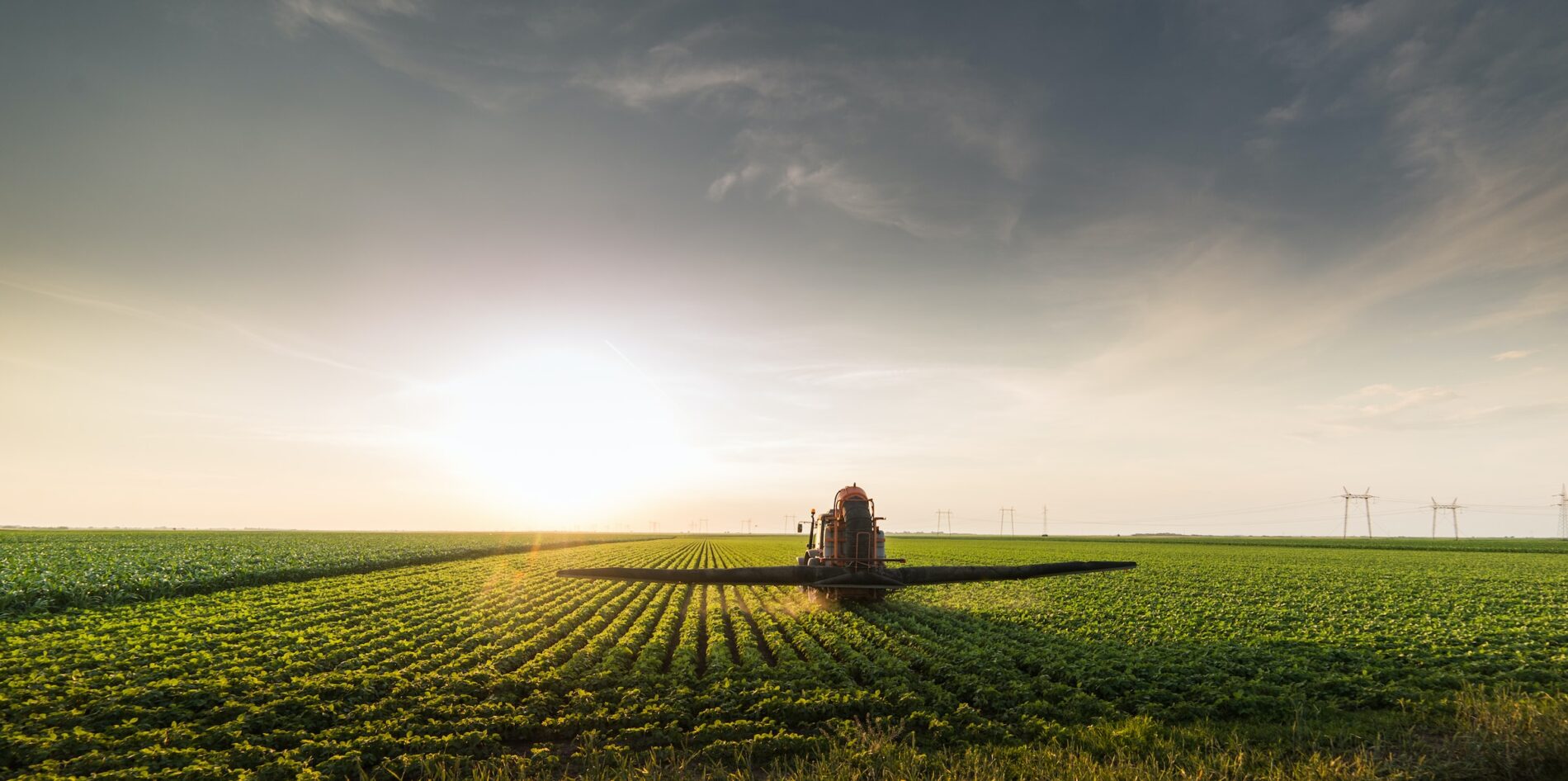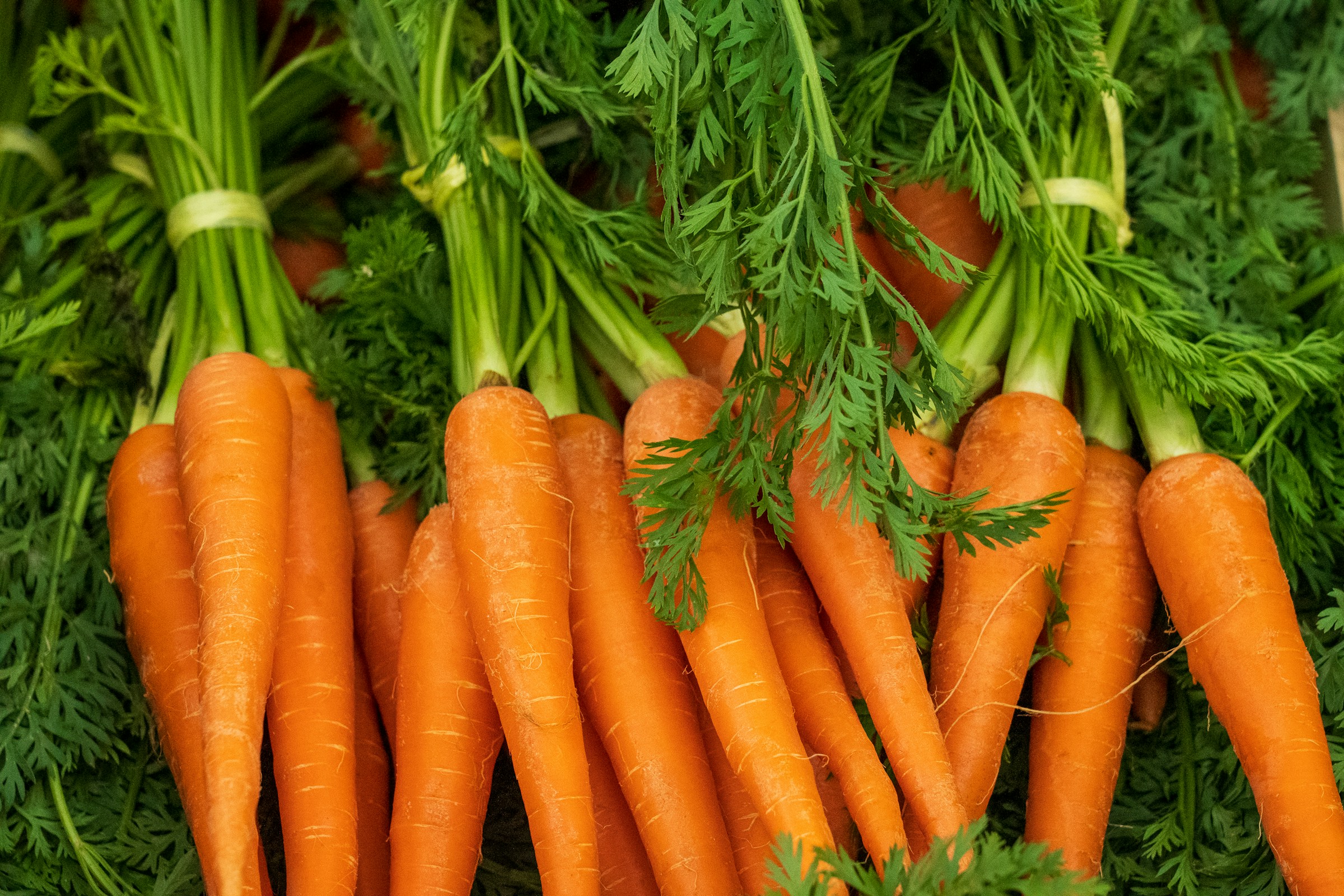Precision agriculture is transforming the way we grow our food. This cutting-edge approach uses technology like GPS, sensors, satellite imagery, and advanced analytics to optimize every step of the farming process.
Farmers have relied on intuition, observation, and back-breaking labor for generations to tend their crops.
But with the world's population exploding, we must produce more food than ever. Precision ag is the innovative solution to this massive challenge.
In this post, we'll explore what is precision agriculture, how it works, and the immense benefits it brings to farmers, consumers, and our planet. Let's dive in!

What is Precision Agriculture?
At its core, precision ag is about using data to make smarter decisions. It starts by gathering information on multiple variables across the farmland:
Soil composition
- Nutrient levels
- Moisture content
- Crop health
- Weather patterns
- And more
Sensors in the field, aerial images, and satellite data are used to collect this granular data. Tractor-mounted devices can scan soil as they pass over the land. Drones with specialized cameras fly above to identify irrigation issues. It's an agricultural revolution!
All this data then flows into advanced software platforms. Using A.I. algorithms, the systems analyze the variables to generate location-specific insights like:
Ideal seeding depth and density.
- Precise fertilizer needs
- Crop-specific irrigation requirements
- Predictive pest and disease modeling
Armed with this intelligence, farmers can tailor their practices to each zone, plant, or even square foot of land. It's like giving crops customized care and feeding.
The final step is autonomous execution. GPS-guided farm equipment like tractors, sprayers, and harvesters leverage the prescriptions to take the right actions in the right places. The machines practically drive and work themselves!
The Benefits of Precision Agriculture
This data-fueled approach unlocks game-changing advantages:
Increased Yields
Farmers can squeeze more production out of every acre by optimizing growing conditions everywhere. The average yield improvements range from 10-15%, with some operations seeing over 25% gains!
Cost Savings
Precision agriculture enables farmers to use resources like seeds, fertilizers, and water more efficiently. When you apply just what's needed, where it's needed, waste goes down, and profits go up.
Sustainability
With precision technology, chemistry and natural systems work in harmony. Targeted intervention prevents the overuse of chemicals and groundwater. Healthier soils retain more carbon. It's a win-win for farmers and the environment.
Risk Reduction
The data gives farmers incredible visibility into emerging issues while there's still time to act. They can stay ahead of threats like drought, pests, and nutrient deficiencies. It's like insurance for crops!
Precision Agriculture Adoption Rising
Precision agriculture adoption has increased substantially in the U.S., with usage jumping from 35% to over 70% of cropland over the last decade. Major crops like corn and soybeans have seen high adoption rates.
Adoption is rising globally:
- South America is projected to have 50 million precision-farmed acres by 2025.
- Asia-Pacific spending on precision ag is forecast to grow 10% annually.
- Africa is beginning to adopt precision farming technologies, though adoption remains relatively low compared to other regions currently.
Key barriers to adoption include:
High costs, uncertain returns, technology complexity, and lack of knowledge. However, environmental benefits may drive future adoption.
Frequently Asked Questions:
Is precision agriculture profitable for farmers?
Yes, precision practices improve yields and reduce costs, driving profitability. Farmers achieve ROI in 2-3 years. It creates value for both small and large operations.
What technologies enable precision agriculture?
Precision ag relies on GPS, sensors, satellite imagery, robotics, AI-driven software, autonomous equipment and more. Advanced technology unlocks data-driven, optimized farming.
The Bottom Line:
In conclusion, precision agriculture adoption is rapidly increasing globally, with over 70% of U.S. cropland now using these technologies. However, adoption varies significantly by country and region, with developing nations still facing barriers like high costs.
As farmers witness yield and sustainability benefits from precision ag, they are jumping on board this innovation wave. But, overcoming obstacles around technology complexity and knowledge sharing will be key to unlocking the promise of data-driven, optimized farming worldwide.




